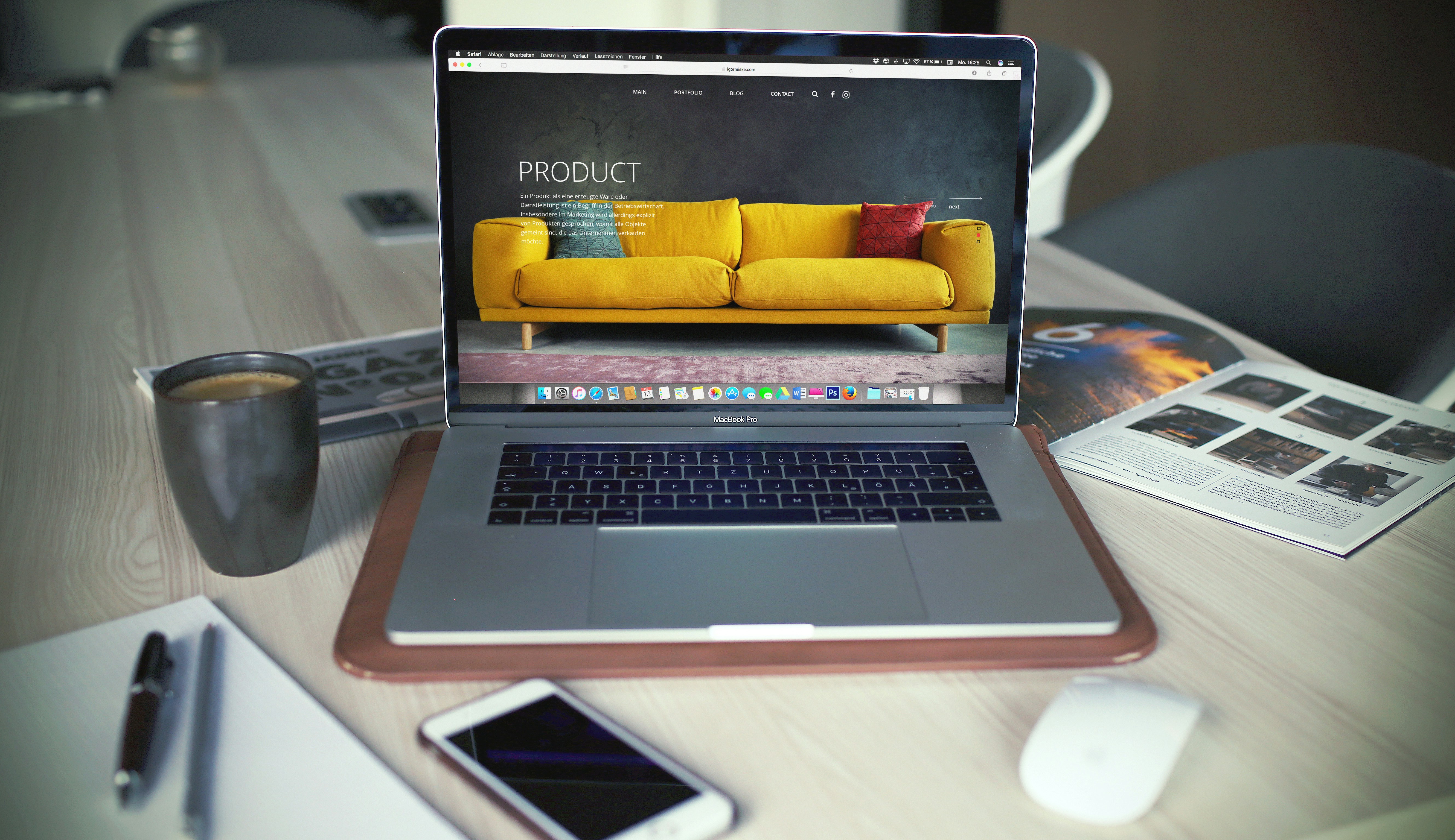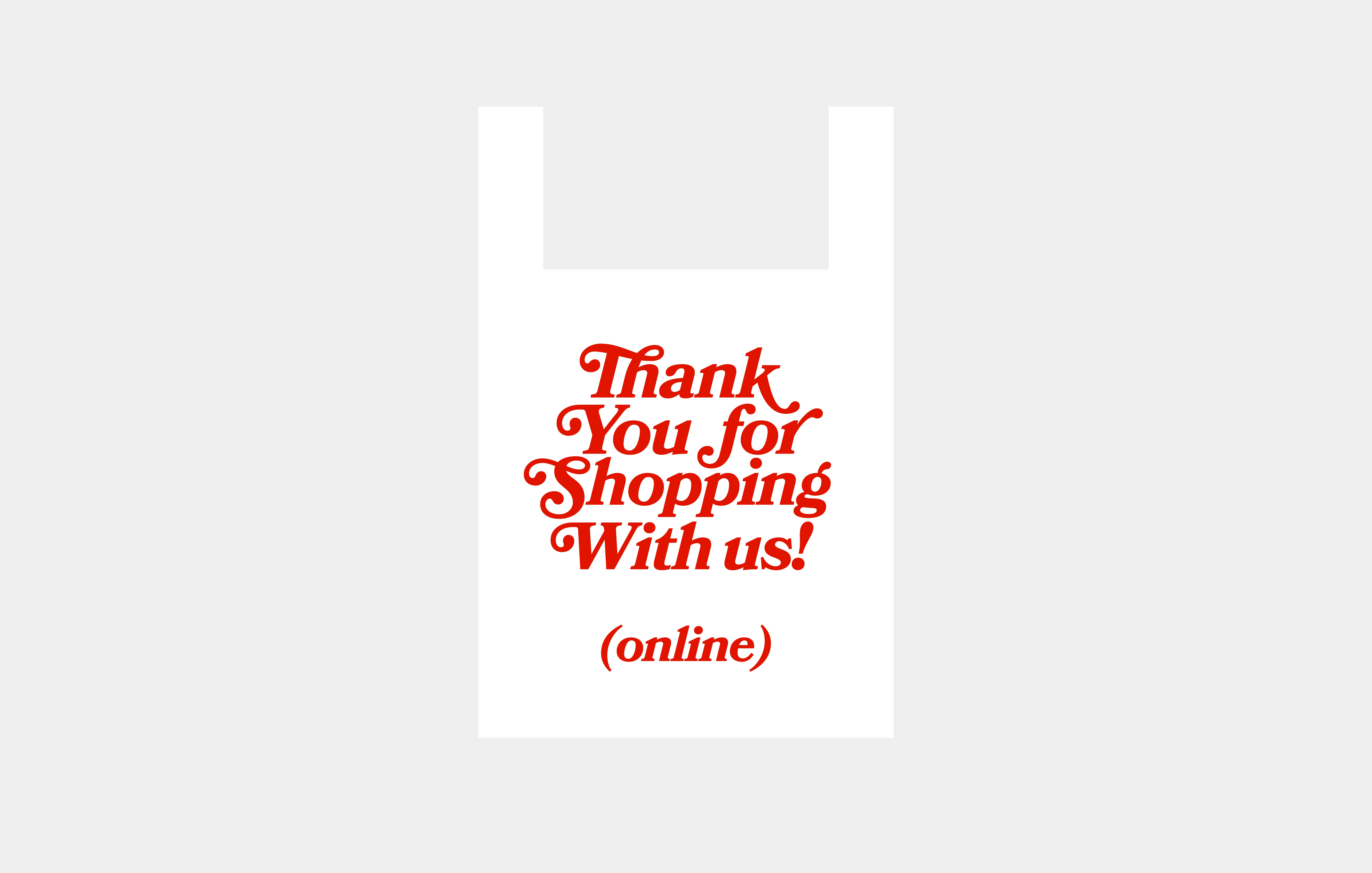
In today's digital age, having a professional website is crucial for local businesses to thrive. Your website is often the first impression potential customers have of your business, and it can make or break their decision to engage with you. Choosing the right web designer is essential to ensure that your website truly represents your brand and meets your specific needs. This is where working with a local web designer can make all the difference.
Local web designers not only bring the technical skills needed to create a fantastic website, but they also offer a deep understanding of your community and its unique market dynamics. This guide will help you navigate the process of choosing the best local web designer, covering everything from understanding your needs to evaluating experience, budgeting, and making the final decision.

Understanding Your Needs
Before you begin searching for a web designer, it's important to have a clear understanding of your business needs and goals. Different types of businesses require different website features, and knowing what you need will help you find the right fit.
Start by assessing the nature of your business and your primary objectives. For example, if you run a retail business, you may need an e-commerce platform to sell products online. If you're a service provider, booking functionality or contact forms might be essential. Consider whether you want features like blogs, galleries, or customer testimonials to help build trust with your audience.
Defining your website's features and functionality will give you a solid foundation when discussing your project with potential designers. By clearly communicating your requirements, you can ensure that your chosen designer has the experience and skills needed to bring your vision to life.

Why Choose a Local Web Designer?
When it comes to building a website for your business, working with a local web designer can offer significant advantages. Local web designers understand the specific needs and preferences of your community, which can help make your website more effective in reaching your target audience.
One key benefit of working with a local designer is their familiarity with the regional market. They know what appeals to local customers and can tailor your website's design and messaging accordingly. This understanding can make a big difference in creating a website that resonates with your audience and drives engagement.
Additionally, working with a local designer means you can enjoy more accessible and effective communication. A local designer will also be more available to address any issues or make updates as needed, helping to keep your website running smoothly.
By choosing a local web designer, you can ensure that your website not only looks great but also connects with the people who matter most to your business—your local customers.

Evaluating Experience and Portfolio
When choosing a local web designer, it's important to evaluate their experience and review their portfolio. A designer's portfolio is a window into their skills, style, and versatility, giving you a sense of what they can achieve for your business.
Look for a web designer who has experience working with businesses similar to yours. If they have previously designed websites for businesses in your industry, they are more likely to understand your needs and create a website that meets your expectations. Pay attention to the variety of projects they have completed—this will give you a better understanding of their capabilities and whether they can adapt to different requirements.
Check for specific elements in their portfolio that you would like for your own website. For example, if you need an e-commerce platform, look for examples of online stores they have built. If you want a blog or a booking system, see if they have experience implementing these features.
Another crucial aspect to consider is the quality of the websites they have designed. Ensure that their previous work is user-friendly, visually appealing, and responsive. A responsive design ensures that your website will function well on both desktop and mobile devices, providing an optimal experience for all users.
By evaluating a designer's portfolio and experience, you can make a more informed decision and choose someone who is capable of bringing your vision to life.

SEO and Local Optimization Expertise
Having a well-designed website is just the beginning; it's equally important that your website can be easily found by potential customers. This is where SEO (Search Engine Optimization) and local optimization come into play.
SEO is crucial for helping your website rank higher in search engine results, making it more likely that customers in your area will find your business. When evaluating a local web designer, consider their expertise in local SEO strategies. A designer who understands how to optimize your website for local searches can help ensure that you appear in search results when people look for businesses like yours in your area.
Look for a web designer who offers local SEO services or has experience working with SEO professionals. Ask about their approach to optimizing on-page elements such as meta tags, headings, and keywords. Also, ensure they understand the importance of creating and optimizing content that is relevant to your local audience.
Local optimization also involves ensuring that your website is listed correctly in online directories and that it integrates well with platforms like Google My Business. This helps increase your visibility and provides customers with accurate information about your business.
By choosing a web designer who understands SEO and local optimization, you can help your business stand out in local searches and attract more customers.
Services Offered and Customization
Not all web designers offer the same range of services, so it's important to understand what your chosen designer can provide. Some web designers offer end-to-end solutions, including everything from website design to maintenance and updates, while others may focus solely on the initial design and launch.
Consider what level of customization you need for your website. Some designers may offer template-based designs, which can be quicker and more affordable, while others specialize in fully custom websites that are built from scratch to match your brand's unique identity. If your business has specific requirements, such as advanced e-commerce features or integrations with third-party services, make sure the designer is capable of meeting those needs.
Another important factor is ongoing support and maintenance. Websites require updates, security patches, and occasional changes to keep them running smoothly and securely. Find out if the designer offers website maintenance services and what kind of support they provide after the initial launch. Knowing that you have support available can give you peace of mind as your business grows.
By understanding the range of services offered by a web designer, you can choose someone who is equipped to meet both your current and future needs, ensuring that your website remains an effective tool for your business.

Budgeting and Cost Considerations
When selecting a local web designer, it's essential to understand the factors that influence the cost of your project. Web design pricing can vary significantly based on the level of customization, the complexity of the features, and the designer's experience and expertise.
Start by setting a budget that reflects your business needs and priorities. Keep in mind that more expensive is not always better. Instead, reviewing the designer's previous work and ensuring it aligns with your needs is a better approach to determining quality. When discussing pricing with potential web designers, make sure you have a clear understanding of what is included in their quote. Some designers may offer a flat fee for the entire project, while others might charge based on the number of hours worked.
Be aware of any additional costs that might arise, such as fees for ongoing maintenance, website hosting, domain registration, or future updates. Understanding these costs upfront will help you avoid surprises down the road and ensure that you can maintain your website over time.
It's also a good idea to compare proposals from multiple web designers. This can give you a better idea of what is reasonable for your project and help you make a more informed decision. Remember that the cheapest option is not always the best—the goal is to find a designer who can provide quality work within your budget.
By carefully considering your budget and understanding the cost factors involved, you can choose a web designer who meets your needs without breaking the bank.
Questions to Ask Potential Web Designers
To ensure that you select the right local web designer for your project, it's important to ask the right questions. These questions can help you determine if a designer is a good fit for your business and if they have the experience and expertise to meet your needs.
Here are some key questions to ask potential web designers:
- Do you have experience working with local businesses? This can help you determine if the designer understands your community and target audience.
- Can you show me examples of websites you have designed for businesses similar to mine? Reviewing their work for similar industries will give you an idea of their ability to meet your requirements.
- What is your approach to local SEO? Understanding their SEO strategy will help you ensure that your website will be easily found by local customers.
- What services are included in your pricing? Make sure you have a clear understanding of what is included, such as design, development, maintenance, and any additional costs.
- How do you handle ongoing support and maintenance? It's important to know what level of support is available after the website launch.
- What is the estimated timeline for completing the project? Knowing the timeline will help you plan your business activities around the website launch.
By asking these questions, you can gain a better understanding of each designer's capabilities and determine if they are the right fit for your business. It's important to feel confident that the designer you choose can deliver a website that meets your needs and helps your business succeed.
Conclusion
Choosing the right local web designer for your business is a crucial step in establishing a strong online presence. A well-designed website can help you attract new customers, build trust, and grow your business. By understanding your needs, evaluating experience and portfolio, considering SEO and local optimization, understanding the range of services offered, and managing your budget effectively, you can make an informed decision.
Don't forget to ask potential web designers the right questions to ensure they are the best fit for your business. Take your time to compare options, and choose a designer who can deliver quality work, understands your local market, and offers the support you need to keep your website running smoothly.
With the right local web designer by your side, you can create a website that truly represents your brand and helps your business thrive in your community.
Contact local web designers today to discuss your project and get started on creating a website that will help your business grow!